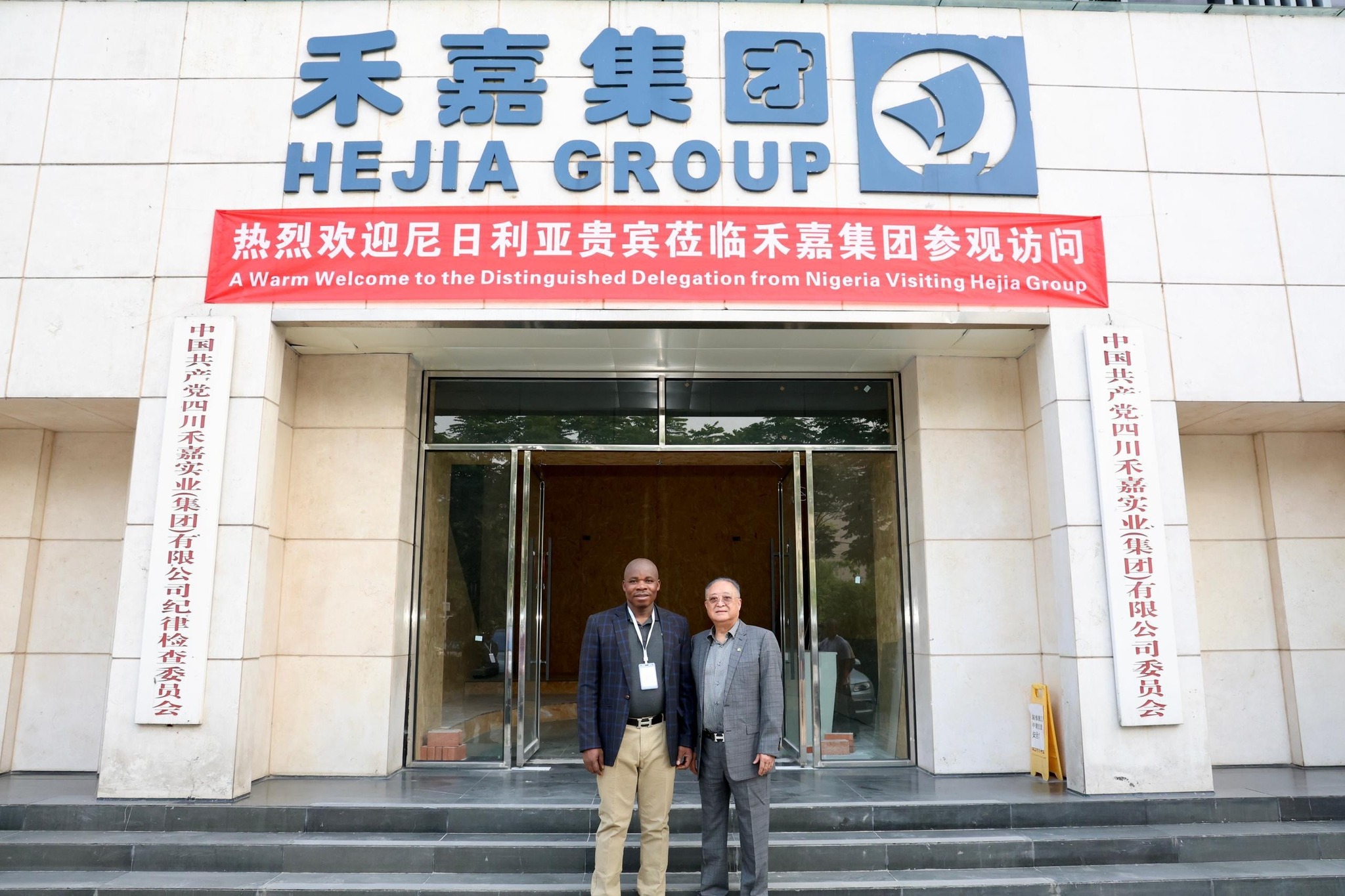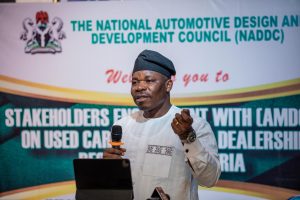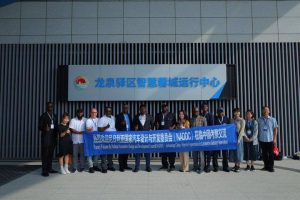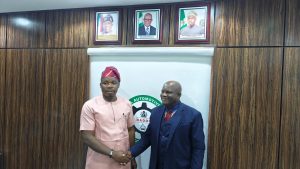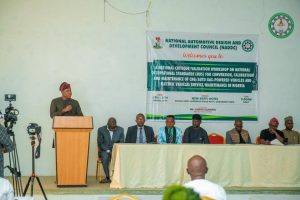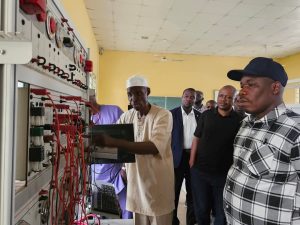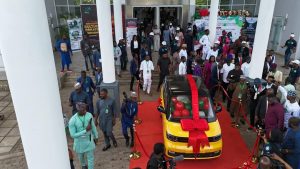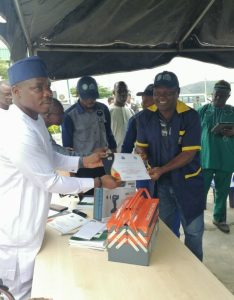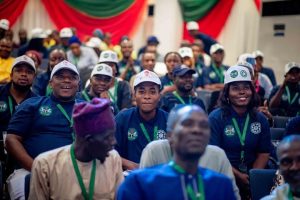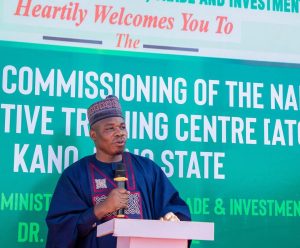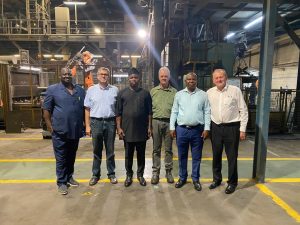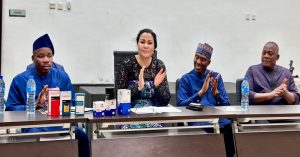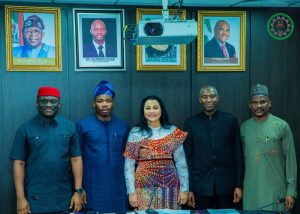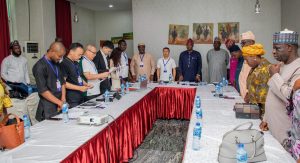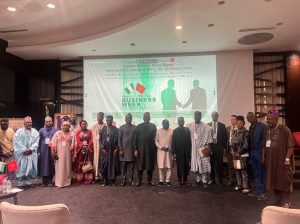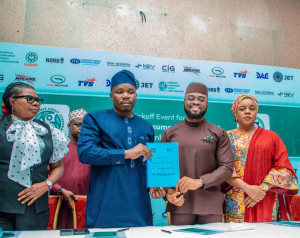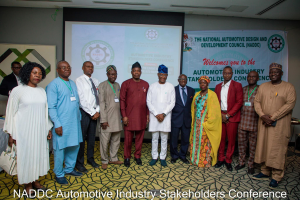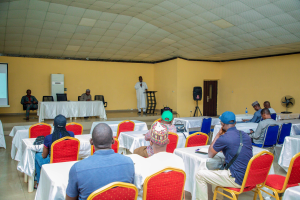NADDC Engages Hejia Group in China to Boost Nigeria’s Automotive Sector.
�In a strategic move aimed at accelerating the development of Nigeria’s automotive industry, the National Automotive Design and Development Council (NADDC) has initiated talks with China’s Hejia Industrial Group. The high-level engagement, led by NADDC Director General Mr. Oluwemimo Joseph Osanipin, took place at Hejia Group’s headquarters in Chengdu, China on May 18, 2025.
The meeting brought together senior NADDC officials, Federal Ministry of Industry, Trade and Investment presentatives, and the Chairman of Hejia Group, Mr. Xia Chaojia. Discussions centered on exploring investment opportunities and technical collaborations to establish a stronger automotive manufacturing base in Nigeria.
NADDC DG, Mr. Osanipin emphasized Nigeria’s readiness and determination to foster industrial partnerships, citing the country’s large population, expanding middle class, and the government’s full backing for automotive sector initiatives. “We need Hejia Group’s technical expertise to replicate the growth trajectory you’ve achieved. Nigeria is open for investment, and we assure you of 100% government support,” he said.
Acknowledging Hejia Group’s 46 years of industry experience, Mr. Osanipin drew parallels between Nigeria’s current development stage and where Hejia stood in 1979. He highlighted the council’s focus on establishing local manufacturing and vehicle safety standards, signaling the seriousness of NADDC’s intent.
Chairman Xia Chaojia welcomed the Nigerian delegation and expressed optimism about building strong ties with Africa, particularly Nigeria. He reiterated Hejia Group’s commitment to responsible business practices, innovation, and social responsibility, pointing to their achievements in advanced engineering and community development.
“We believe in transparency, tax compliance, and supporting our communities,” said Mr. Xia. “Our 46 years of experience are not just about manufacturing, but about building lasting, meaningful partnerships.”
Hejia Group hosted NADDC representatives on a tour of their manufacturing plants and vocational training facilities. The meeting laid a promising foundation for future collaboration, with both parties aligned on a shared vision to transform Nigeria’s automotive sector through innovation, skill development, and industrial investment.

